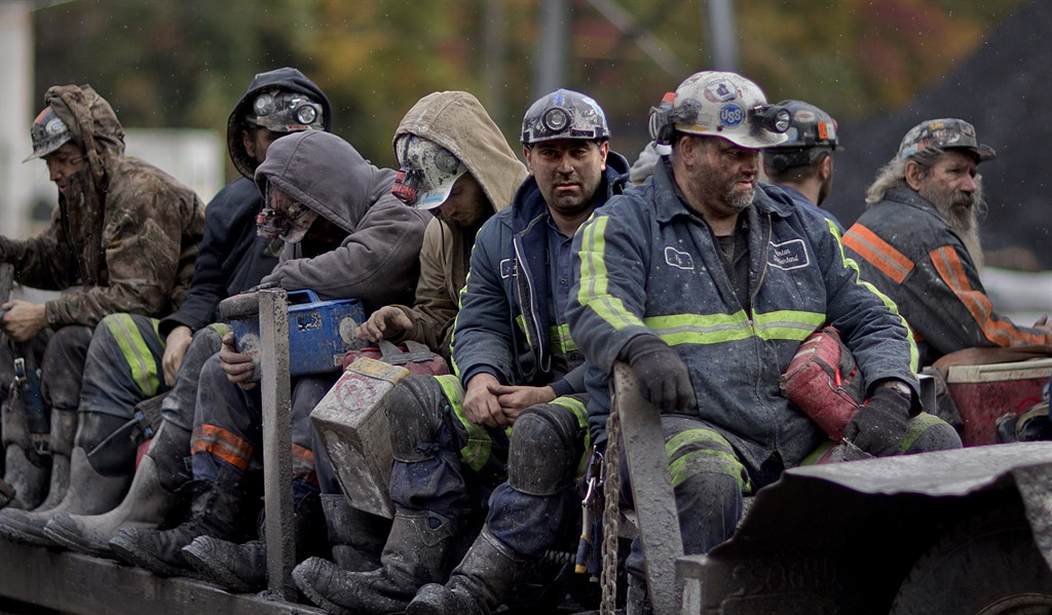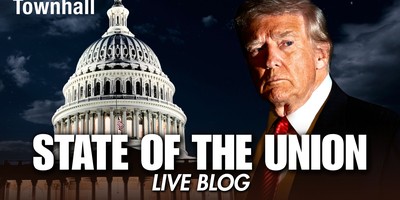Rich white liberals are the worst. We all know this—they want to defund the police, raise everyone’s taxes, hate the poor, and obsess about race. They obsess about the entire menu of woke agenda items. It’s nauseating and insufferable. On almost every issue, they’re the most ideologically rigid people in the country. Yet, it’s the hatred of the poor that we should highlight here. Joseph Pulitzer had one enduring creed: “never lack sympathy with the poor.” That’s the one rule. It’s not ‘don’t be biased.’ We all know the media is biased, but this hatred of the poor might be one rule that has ruined journalism long before Donald Trump ever thought about running for president.
Batya Ungar-Sargon is the Deputy Opinion Editor of Newsweek who has written a book, Bad News: How Woke Media Is Undermining Democracy. She wrote a piece for the online magazine UnHerd and it’s a great summary of the media’s evolution from its populist roots to its now horrifying woke stage. Ungar-Sargon aptly notes that journalism was truly a populist enterprise with scores of “penny press” outlets who worked hard to keep the working man abreast of the news. She noted that this filled a void in the market where many publications were catered to the wealthy and whose price was simply unaffordable for most Americans.
It was a working man’s profession. It’s now one that is dominated by the professional Left. They’re rich. They’re highly educated. And they hate those who still get their hands dirty to put food on the table. That’s how you got Hillary Clinton calling Trump supporters deplorable. That’s how you get a host of writers who are fine labeling all Trump supporters as racist, as viewing those with “economic anxiety” as racists. It takes a special level of detachment and Ms. Ungar-Sargon nails it in this piece. There have always been liberals in the press, but their views were often reined in by the publisher. The Internet was the ICBM launch that nuked that dynamic.
She also hits that the real divide in America is not based on race or income. It’s education levels. As this evolution continues, Sargon adds that it’s truly an irony that the populist progressive roots of the press have morphed into a heavily intertwined network that feeds corporate interests. It’s quite the facelift, but one that has been a boon for conservative media. The working poor are many in the United States. They’re flocking to the GOP. They read us for one simple reason: we don’t hate them. We don’t judge them. We don’t mock them (via UnHerd):
Recommended
Back in 2016, journalists, Democratic politicians and Never Trumpers struggling to comprehend how they lost the election came up with two competing explanations. One camp argued that it was a protest vote stemming from the economic anxiety and despair birthed by globalisation, stagnant working-class wages, and downward mobility for the shrinking middle class. The other camp argued that Trump’s supporters were simply racists.
Hillary Clinton was the rare figure to hold both views, immortalised in her infamous comment that “you could put half of Trump’s supporters into what I call the basket of deplorables”. One might have expected that after Clinton lost the election, liberals would question the efficacy, if not the morality, of calling a quarter of the country racist.
Instead, they doubled down: it wasn’t just a quarter; it was half the nation. Everyone who voted for Trump was racist. By 2017, the very term “economic anxiety” had been branded a dog whistle for racism by some of the highest profile journalists in the country
[…]
As I chronicle in my new book, American journalism was born in the 19th century of a populist revolution in the form of the penny press, which was explicitly produced by and for the labouring class. At the time, the newspapers in circulation existed solely for the political and business elites: they were prohibitively expensive, and contained shipping schedules, wholesale prices, speeches from Congress and other things that interested few except those whose livings were made in business or politics.
The cheap penny papers filled that gap in the market, and were soon impossible to ignore thanks to the hundreds of thousands of Americans who purchased them every day (catering to the lower classes has the benefit of there being so many of them, after all). From that moment, through the middle of the last century, journalism became a blue-collar job, one in which a journalist was as likely to not have a college degree as to have one.
[…]
Of course, the racism of state actors remains a problem in need of urgent repair; police brutality, for example, remains a scourge on communities of colour. But the racial moral panic obscures — and therefore perpetuates — the real divide separating America into two groups: an economic and cultural one, a giant and ever-growing chasm separating the college educated from those they disdain.
And therein lies the real tragedy: the liberal news media has abandoned the working class, allowing conservative outlets to swoop in and cater to them. The conservative media may not do much to help the economic fortunes of the downwardly mobile, but at least it doesn’t sneer at the working class while abandoning them economically.
That, ultimately, is the story of today’s national media landscape in a nutshell: with few exceptions, it is waging a moral panic around race to disguise the abandonment of the working class — and it’s getting rich off of it.
Of course, I don’t agree with her that the GOP abandons the working poor. Trump was probably one of the best presidents with regards to chipping away unemployment, creating jobs, and generating an environment primed for economic growth. Go back and look at all the indicators. The Trump economy was booming. Biden has created an inflation crisis so bad that everyone will soon find it hard paying for groceries. Natural gas is also expected to spike 30-50 percent, so a choice between heating your home and brushing your teeth could be a debate soon for millions of Americans. Is this ‘build back better’?
The GOP is more populist, bluer collar, and economically progressive than a lot of liberal writers think. It’s not shocking since they don’t take the time to get to know people they hate, but it’s the cultural issues, like immigration enforcement, that yank these people into the GOP camp. I think you’ll be stunned how many Trump supporters are economically progressive and open to single-payer health care or at least open to having a debate about it. whether you like Trump or not, he spoke about issues that were long abandoned by the political class in both parties. His marginal losses with working-class whites contributed to his 2020 defeat, * but that’s the point. It was marginal. Such slight shifts could sink you—and I have a feeling that Trump’s personality might have contributed to that dip. Trump supporters can have voted for Democrats as they did in 2018. They’re not reliably Republican. If they feel you’re falling short on promises, especially economic ones, they will vote for someone else. The media would have known that—the nuances—if they, you know—didn’t hate these people.
*I know there was election funny business, but you already know that.

























Join the conversation as a VIP Member